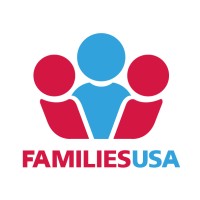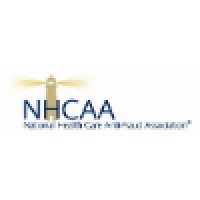
Families USA
For more than 30 years, Families USA has been the trusted voice for America’s health care consumers. We believe that health care should be comprehensive, affordable, and high-quality for everyone. This belief informs our policy, research, and advocacy work. As a nonpartisan, nonprofit organization, we engage with policy makers, advocates, and other thought leaders to help shape and inform the health policy debate that is taking place across America—from state capitols to newsrooms, and from rural community health centers to Capitol Hill. Our track record on producing change is strong. We have leveraged our enduring relationships with key policy makers and influencers on Capitol Hill and in the White House to help craft landmark improvements to our country’s health care system—most notably, the creation of the Children’s Health Insurance Program, the enactment of the Medicare Part D drug benefit, and the drafting and passage of the Affordable Care Act. Join us on Twitter (@FamiliesUSA), Facebook (www.facebook.com/familiesusa) and LinkedIn, (www.linkedin.com/company/families-usa) or visit us at www.FamiliesUSA.org to learn more about our work. Families USA is a national nonprofit, nonpartisan organization dedicated to the achievement of high-quality, affordable health care for all Americans. We rely exclusively on funding from individuals and philanthropic foundations. And while we partner across the entire spectrum of the health care community to achieve our goals, we also seek to preserve the independence of our research, advocacy, and policy positions. To this end, we do not accept funding from the health care industry.






